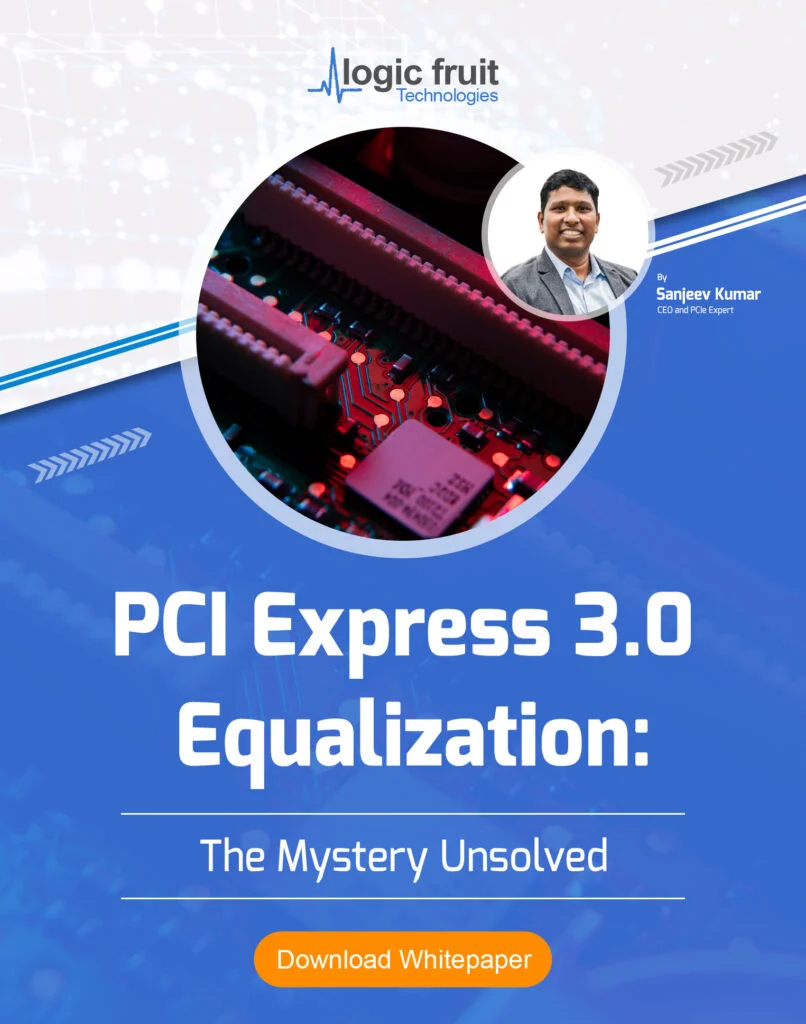FPGA Insights has engaged in an exclusive interview with Ravi Shankar Muthusamy, FPGA design Engineer at Lenovo.

Q1) Can you provide an overview of your experience with FPGA design projects mentioning a few that you’ve worked on, starting with a brief introduction?
Having nearly 6 years of experience in FPGA design using RTL with designing, and verifying logic blocks for various FPGA designs such as Radar platforms, data processing units, and recently server board designing as well.
Q2) Can you explain the benefits of using FPGAs over other types of processors?
They are reprogrammable devices providing the flexibility of reusing the same device for various applications.
They are super devices in computing/processing large data in higher frequencies with matching expected timing constraints.
Q3) What Are The Most Significant Trends Observed In The FPGA Industry Over The Past Year? How Will These Trends Shape The Industry’s Future?
Recently, military, defense, aerospace, and space-related applications fully depend on FPGAs.
Recent trends such as AI, blockchain, neural networks, and various computation techniques require FPGAs and started to use FPGAs these days.
Q4) How Do You See FPGA Development Evolving To Meet The Demands Of Modern Applications And Complex Workloads?
FPGAs are very helpful in processing the data in high capacity in high frequencies which makes the various industries switch ASIC to FPGAs.
Q5) Key Drivers Behind The Increasing Adoption Of FPGAs In Various Applications And Industries?
FPGA SOC devices are available these days and they provide more reasons to consider the FPGAs.
The reason behind them is it can even provide the option to accept Firmware logic which can drive the FPGA configurable logic.
Q6) Sectors That Stand To Benefit The Most From FPGA Integration, And Why?
Aerospace, defense-related fields, and data center development areas.
The above said areas require the devices to operate in high frequencies and are required to handle large chunks of data.
Q7) The Role Of FPGAs In Accelerating AI Applications And Advancements Expected In The Near Future?
That is the emerging field where FPGA plays a major role and FPGAs provide more flexibility in terms of timing, power efficiency, and configurable options.
Q8) Ensuring The Security And Integrity Of FPGA Designs, Especially In Sensitive Applications Like Finance And Defense?
Again defence, finance, and other related areas require primarily security which can be given by FPGAs by adopting various algorithms that contain deep authentication mechanisms.
FPGAs are known for processing parallel algorithms with digital data and signatures.
Q9) Advice For Students And Professionals Interested In Pursuing A Career In FPGA Development To Stay Updated With The Latest Trends And Technologies.
It is a vast interesting area and the scope for this FPGA field is never-ending in the next few decades until a new technology replaces FPGAs.
Learning the VLSI domain is key to diving into the FPGAs and this knowledge will provide numerous opportunities to the freshers and working professionals who wish to switch the domain.












